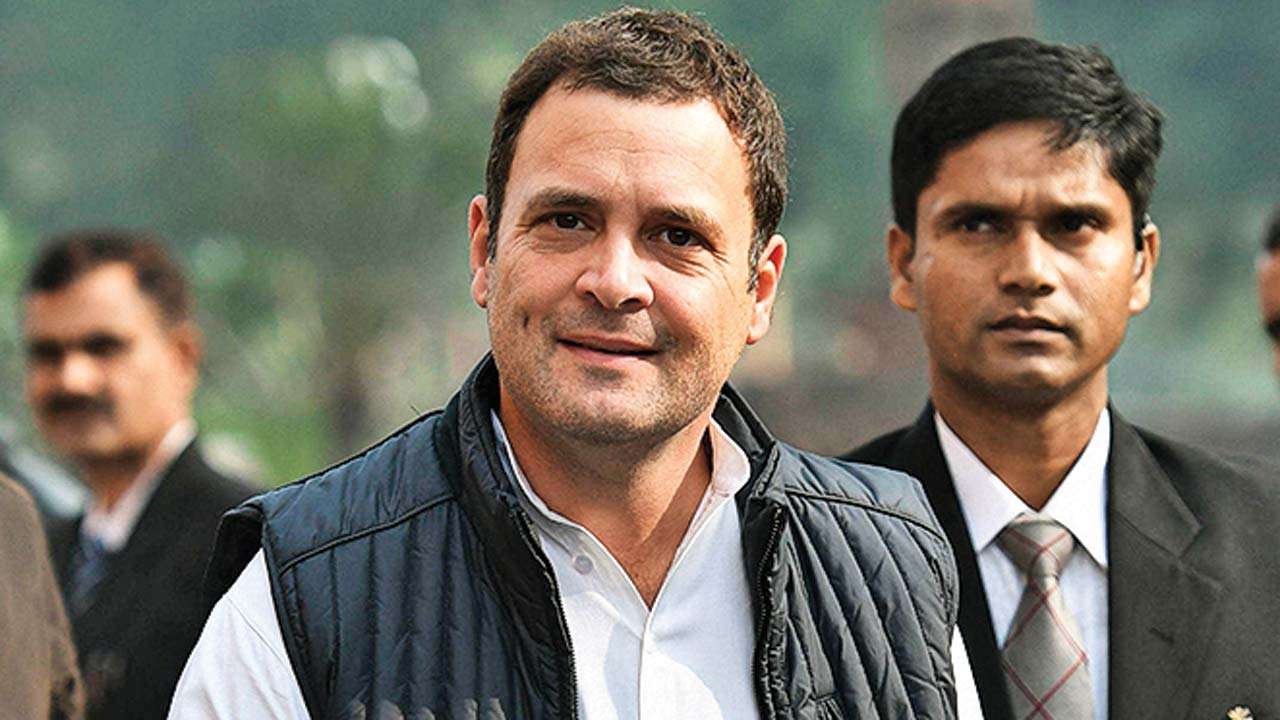
On Saturday, December 16, Rahul Gandhi will take charge of the Indian National Congress as its 87th president since its formation in 1885 and 16th since Independence. He will also be the sixth from the Nehru-Gandhi clan; his mother, Sonia Gandhi, was his predecessor in this position for nearly 20 years. Rahul himself has been vice president of the party since 2013. On December 11, he was elected unopposed.
The Indian National Congress (INC) is not only modern India’s oldest political organisation, but has been, in one way or another, the parent or progenitor of nearly every other political party in India. Even the founder of the RSS, Dr Keshav Baliram Hedgewar, began as a Congressman. The Congress, as we know, spearheaded our freedom struggle and the mass mobilisation of Indians against British rule. It was also foundational in the creation of the modern Indian State. A Congress government presided over the writing of our Constitution and contributed more than any other organisation in institution and polity building in our country. Whatever one’s political inclinations or affiliations, one cannot but wish Rahul the very best as its new president.
Today’s Congress, some may say, has nothing to do with the great party that fought for our independence for over sixty years. Yet, somewhere, somehow, the Congress DNA persists, with its core values — secularism, pluralism, democracy, rule of law, and so on. These core values need to be reaffirmed. Rahul himself brings to the job his own sense of entitlement and legacy. Five generations at the helm — Motilal-Jawaharlal-Indira-Rajiv-Rahul — if this does not make a political dynasty, what does?
There are many, including our PM Narendra Modi, who have promised a “Congress-mukt” India. I believe that it is wishful, if not mistaken, thinking. A stable, responsible opposition is as crucial to a democracy as a strong and visionary ruling party. Despite all its errors of omission and commission, what we should advocate is a rejuvenation, not destruction of the Congress. The question, however, is whether Rahul is the man to bring it about.
In the drama of Gujarat elections, with the last phase of polls completed, there was some talk about a different Rahul giving the BJP a run for its money. No wonder all eyes are on the final results, which will be out on Monday, December 18. But no one doubts what the outcome will be. The turnout has been high, which, as the exit polls show, augurs well for the ruling BJP. Indeed, every single survey shows the BJP in front, with the number of seats and the margin victory in the expected range of variation.
Remember all those dire warnings on MSM and SM, with photos of a grim-faced Narendra Modi sitting next to a pensive Amit Shah, with captions declaring their supposed nervousness? Even some seasoned journalists were taken in. They had already started analysing the causes of the BJP’s imminent setback. Today, who would take either those polls or discussions based on them seriously? Everyone, the stock market included, is sure of a BJP victory. Does this mean that all predictions of a close call, let alone an upset, were deliberately rigged? Though one wouldn’t rule that out, it may have been more an instance of building a narrative supportive of Rahul’s elevation than an outcome of an empirical evaluation.
Rahul’s strategy so far has been to give no quarter to either the BJP or Narendra Modi. It is as if the very idea were anathema. But how long can this illusion be sustained? The BJP, like the Congress, is here to stay; in fact, it is on the way to becoming India’s dominant, even sole national party. The ostrich-like stance of Congress is thus laughable; how long can they be in denial? Especially given that in many matters, from the economy to national security, the two leading centrist parties are not that much at variance. To create a mutually exclusive BJP-Congress binary is thus neither valid nor feasible.
Has the time come for Rahul to consider a different tactic? Especially if the 2019 elections at the Centre go the way of Gujarat? Rahul will then have to reconcile himself to sitting in the opposition benches for a considerably longer time than suggested by the slogans shouted on his election as Congress President, “Agla pradhan mantri kaisa ho, Rahul Gandhi jaisa ho”. Has the time come for Rahul to take a lead in mending fences with the BJP to create a new era of bi-partisanship on key issues in Indian politics?
Without compromising either its principles or political interests, the Congress might engage in constructive cooperation with the BJP on issues of national importance. That will not only create a better political atmosphere in India, but also hasten our progress and transformation.
The author is a poet and professor at JNU. Views expressed are personal.